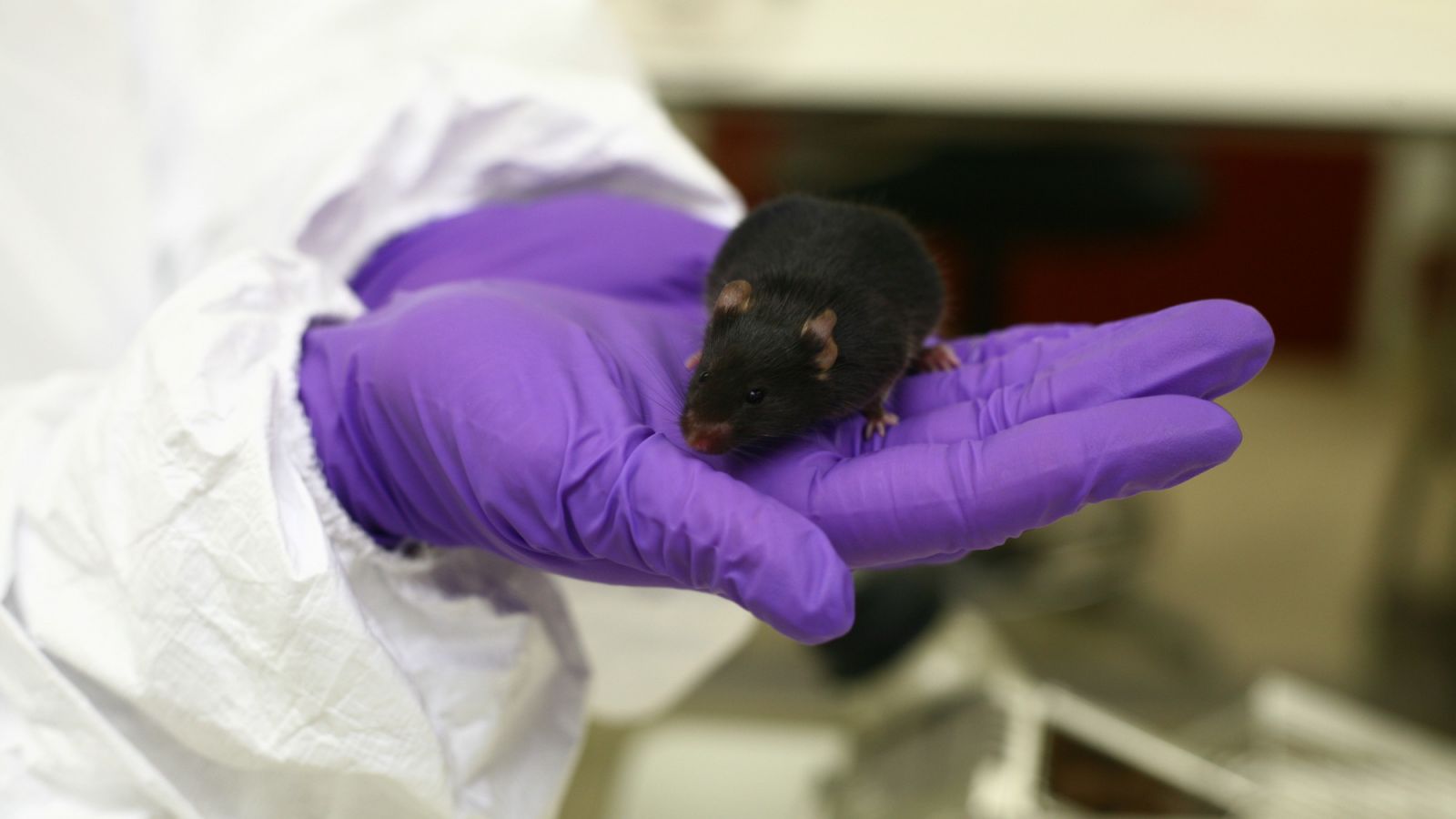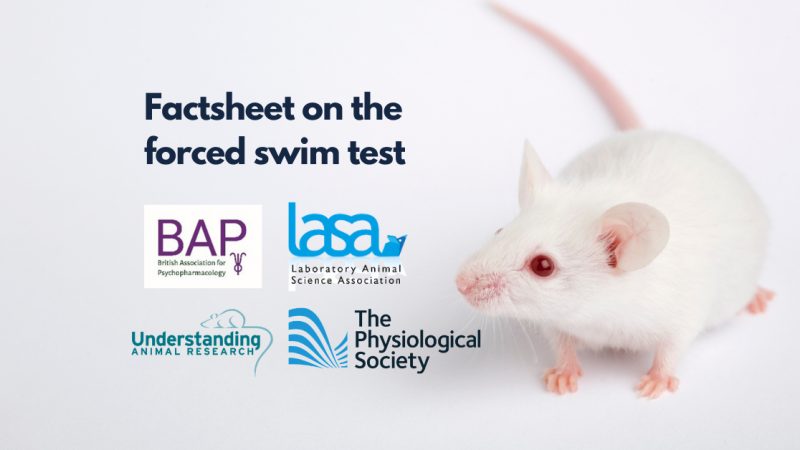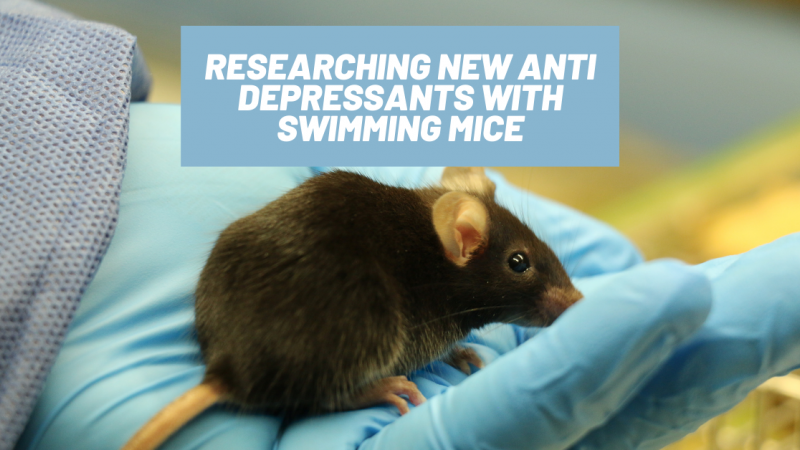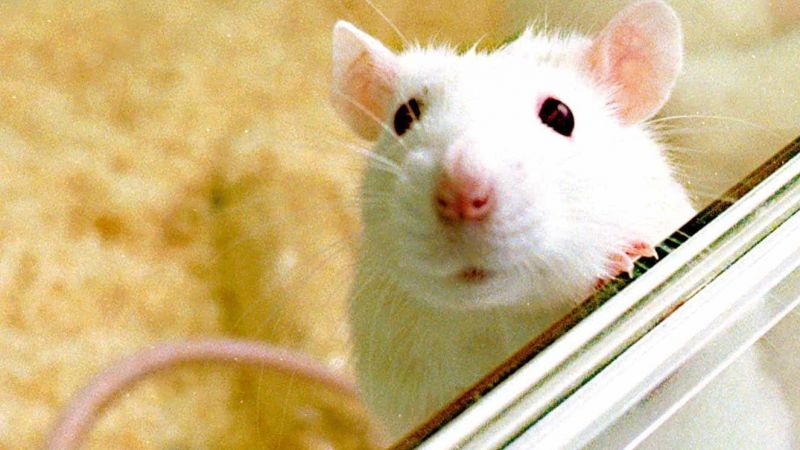 Mice fed a diet lacking in the fatty acid omega-3 are more susceptible to mood disorders, according to new research. Symptoms of depression were displayed by mice fed an omega-3 deficient diet. They explored less and stayed nearer the cage wall than those fed a normal diet, indicating anxious behaviour. Omega-3 deficient mice also gave up sooner on a swimming test.
Mice fed a diet lacking in the fatty acid omega-3 are more susceptible to mood disorders, according to new research. Symptoms of depression were displayed by mice fed an omega-3 deficient diet. They explored less and stayed nearer the cage wall than those fed a normal diet, indicating anxious behaviour. Omega-3 deficient mice also gave up sooner on a swimming test.
Omega-3 has previously been liked to mood disorders, but the underlying mechanism remained unknown. The new research was able to pin this mechanism down. It was found that the functioning of important brain receptors that regulate pain and appetite decrease in omega-3 deficient mice. Mice fed an omega-3 deficient diet also had lower levels of certain beneficial fatty acids in their brains, but higher levels of the harmful fatty acid omega-6.
Humans and mice cannot make omega-3 on its own and so depends on dietary sources. But even in the developed world many people often still lack enough omega-3 in their diet.
Dietary supplements that counteract this have had some success in treating depression in humans. However, the effect is small and not all patients with depression lack omega-3. So lack of omega-3 is only one of many contributing factors to mood disorders. However, the simplicity of dietary supplements makes them a valuable potential treatment.
Read more about depressive disorders here.
Last edited: 6 April 2022 15:00




